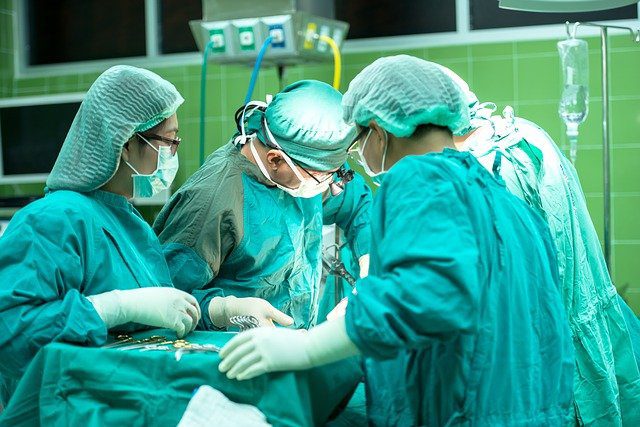Life isn’t always a bed of roses, and sometimes the worst does happen.
Accidents happen and can impact our lives like a speeding train. Daily life tumbles into chaos as you can no longer move around the way you used to, attend work, or perform the simplest tasks. Having a serious injury can be mentally debilitating as well as physically. It is vital that you get on the best path to recovery. Here are 4 ways to recover from serious injury.
Rest
The best thing you can do when you receive the injury is to rest. The body needs time to concentrate on mending itself, and the less pressure you put on it, the better.
If you have broken bones, you will need to give them at least 6 to 8 weeks to heal, whereas soft tissue can take up to 3 months. More than likely, you will be in hospital for some time, depending on the extent of your injuries. Hence, you are best advised to heed all the medical advice offered and not be stubborn by trying to speed up the recovery process by doing things you should not.
Physiotherapy
Once you have rested your body for the recommended period of time, you can start to rehabilitate.
Physiotherapy helps to restore movement and function in the injured area and reduce pain. A physiotherapist can devise exercise plans to strengthen and mobilize areas of the body such as the joints, bones, and soft tissues damaged during an accident. They can also manipulate affected body parts manually to relieve stiffness and pain.
Physiotherapy doesn’t just help heal injury from accidents. Damage caused by illness and disease such as multiple sclerosis, heart attack, Parkinson’s disease, stroke, and chronic obstructive pulmonary disease can be managed by a regime appointed by a physiotherapist. So if you think that you require further advice about healing your body, find a professional in your area, such as Broadmead Physiotherapy.
Corticosteroid Injections
The adrenal glands produce hormones, including one called cortisol, that suppresses inflammation. Corticosteroids are synthetic versions of this hormone that are injected into a joint or muscle to reduce redness and swelling. When swelling is reduced, the affected area will be less painful and stiff.
Corticosteroid injections should only be given by a health professional as they can have numerous side effects.
Diet
What you eat has a significant impact on your health. Eating a diet rich in foods with healing properties can help speed up your journey to recovery.
Green leafy vegetables contain polyphenol antioxidants which are potent anti-inflammatories and anti-virals, as well as being vital fuel for the immune system along with vitamin C
Protein from fish, eggs, chicken, nuts, and seeds provides the body with the building blocks of the immune system, whereas glutamine in white meat protects the body’s cells during illness and injury. Vitamin E defends against cellular damage and is a key player in the battle against infection.
If you are suffering from serious injury, just remember to stay calm and be patient. Taking the recovery process slow and steady is the only option, as doing too much, too soon could set you back, and you may do more harm than good.



